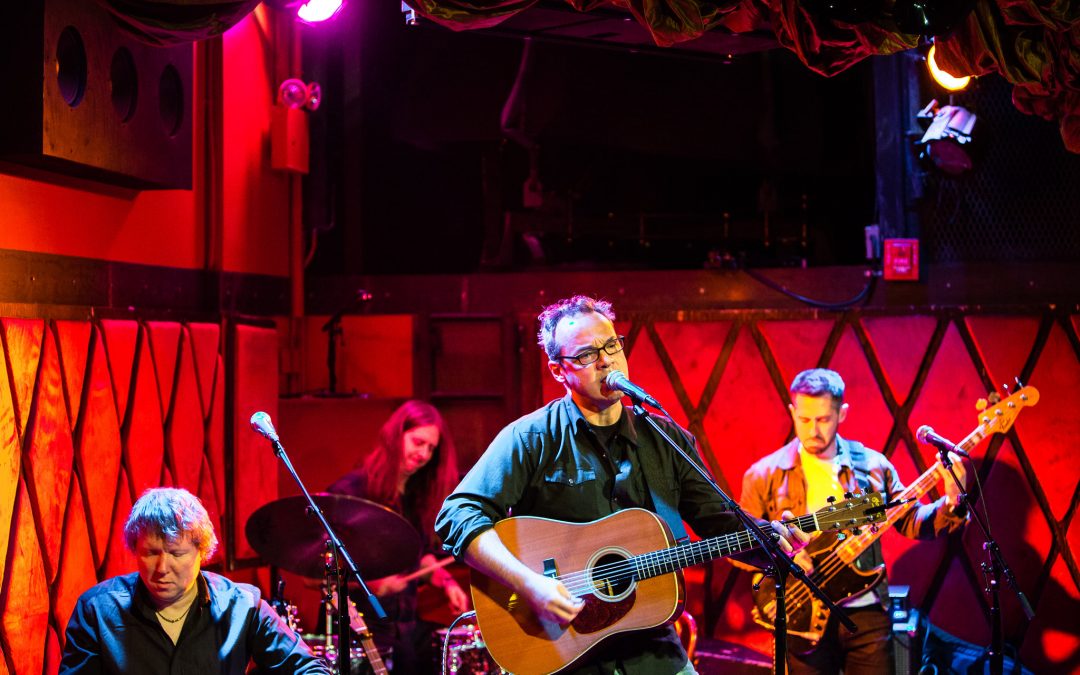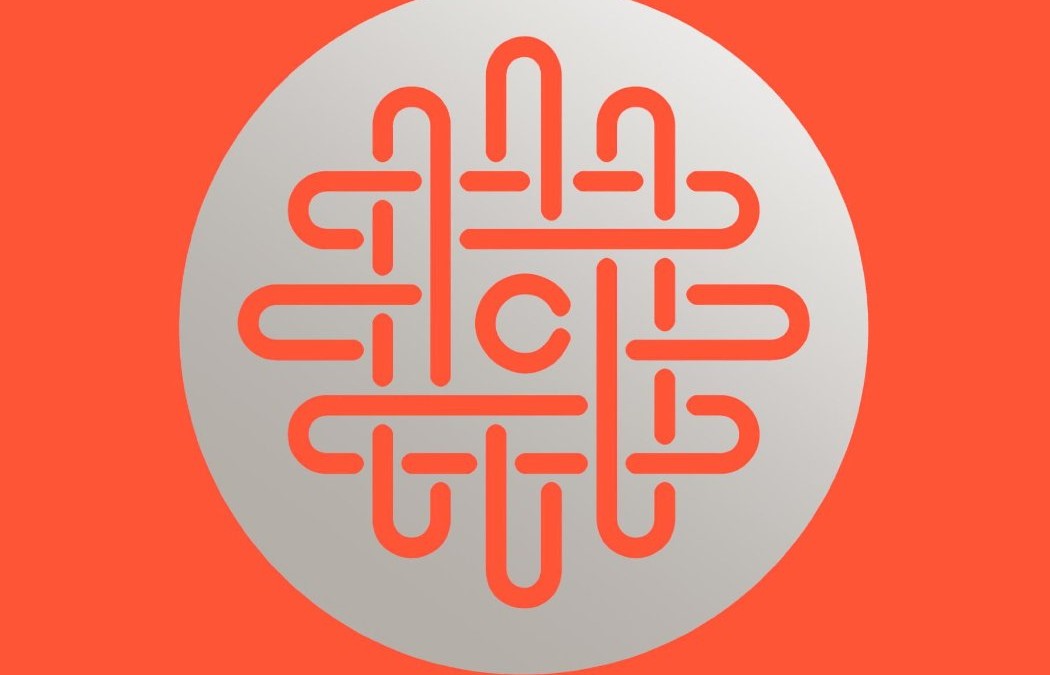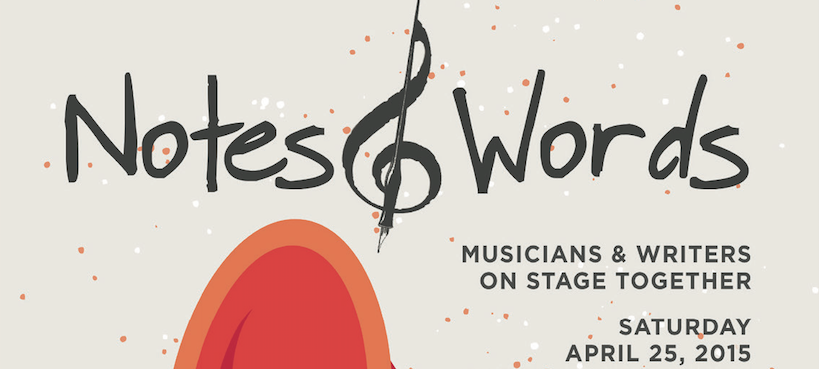
by Mike Errico | Feb 8, 2017 | Uncategorized
…and working.

by Mike Errico | Jan 26, 2016 | Text Journalism, Uncategorized
Touring is, of course, the most ancient business model available to artists — and in many ways, it remains a vital part of their livelihood, even while the surrounding industry undergoes major upheaval to accommodate the new paradigm of streaming music. In response to the shift in revenue sources, standard recording contracts now intrude into the numerous nonrecording aspects of an artist’s career. But the advice given to the creative generators of this multibillion dollar industry is still one that would be recognizable to a medieval troubadour: Go on tour. And yet from a business standpoint, it’s hard to find a model more unsustainable than one that relies on a single human body. This is why we have vice presidents, relief pitchers and sixth men. When applied to music’s seemingly limitless streaming future, the only scarce resource left is the artists themselves. You would think the industry would protect such an important piece of its business model, but in fact, the opposite is true. With snow, and now ice, covering a large swath of the country, my latest piece in the New York Times discusses the dangers facing touring musicians, particularly in the coming months. It stresses the importance of keeping writers’ rights alive, and seeks to undercut the tired refrain that touring is how musicians should make money in the “new paradigm.” This is the “gig economy” as seen by those who popularized the term. “Touring Can’t Save Musicians in the Age of Spotify“ http://www.nytimes.com/2016/01/25/magazine/touring-cant-save-musicians-in-the-age-of-spotify.html?_r=0 Drive safe out there, friends. M (Getty...

by Mike Errico | Dec 23, 2015 | Uncategorized
“The Circle,” by Dave Eggers: The book didn’t surprise me as much as it should have, but I think that’s because this work of “fiction” describes a data-driven dystopia we are, in many ways, already living. I Keep a Pinterest board called Books Worth Reading. There are good books there, if you’re looking for...

by Mike Errico | Sep 25, 2015 | Free, So Good, Uncategorized
Don’t know if this is apocryphal, but I have heard parts of it quoted to me enough times that I’m willing to assume that most of it is 90% true. Yogi Berra Explains Jazz Interviewer: Can you explain jazz? Yogi: I can’t, but I will. 90% of all jazz is half improvisation. The other half is the part people play while others are playing something they never played with anyone who played that part. So if you play the wrong part, its right. If you play the right part, it might be right if you play it wrong enough. But if you play it too right, it’s wrong. Interviewer: I don’t understand. Yogi: Anyone who understands jazz knows that you can’t understand it. It’s too complicated. That’s what’s so simple about it. Interviewer: Do you understand it? Yogi: No. That’s why I can explain it. If I understood it, I wouldn’t know anything about it. Interviewer: Are there any great jazz players alive today? Yogi: No. All the great jazz players alive today are dead. Except for the ones that are still alive. But so many of them are dead, that the ones that are still alive are dying to be like the ones that are dead. Some would kill for it. Interviewer: What is syncopation? Yogi: That’s when the note that you should hear now happens either before or after you hear it. In jazz, you don’t hear notes when they happen because that would be some other type of music. Other types of music can be jazz, but only if they’re the same as something different from...

by Mike Errico | Apr 23, 2015 | Uncategorized
People in the San Francisco area: Join me and Paul Leo as we hit the Paramount Theater with authors David Brooks, Anna Quindlen, Daniel Handler and Kelly Corrigan at the brilliant Notes and Words benefit for UCSF Benihoff Children’s Hospital in Oakland....

by Mike Errico | Apr 3, 2015 | Uncategorized
…and it’s made it onto her site, too. It’s always great to see Joni on the charts, and my piece, “Joni Mitchell Is Not a ’60s Songwriter,'” is now #3 on Medium. I’m so glad so many have responded to it. If you could do me a solid, would you go there and click the RECOMMEND button on the bottom of the page? It’s just like a Facebook like, and it helps other Joni fans find it. LINK:...







